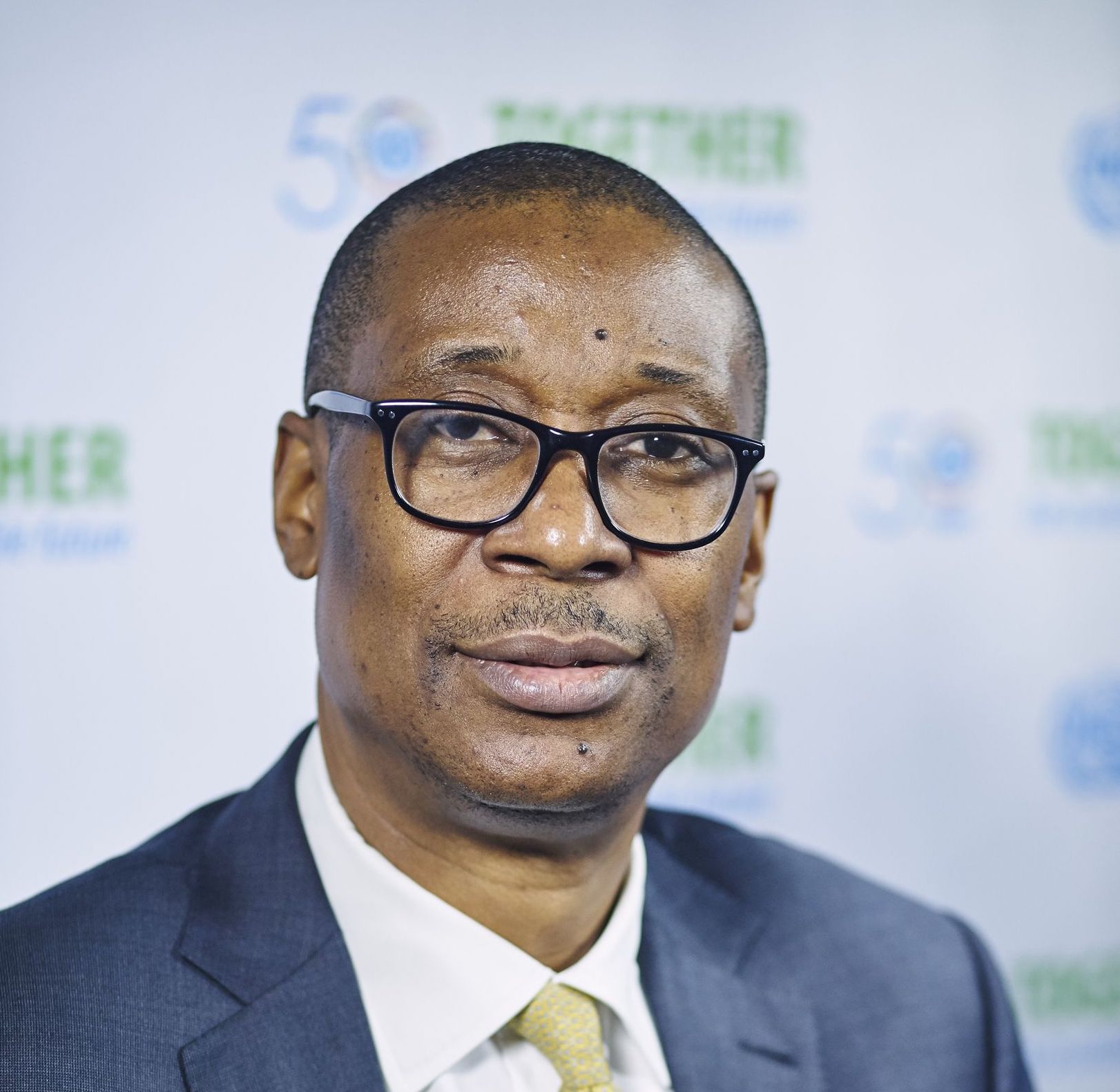When the African Capital Alliance (ACA) was founded in 1997, its aspirations were continental, yet it had to start somewhere. Its first foothold, as a pioneer private-equity firm seeking to establish its credentials in raising investible funds, was in Nigeria’s commercial capital, Lagos.
It was a most inauspicious time, in the dying days of General Sani Abacha’s military dictatorship when Nigeria was an international pariah shunned by the West. But African Capital Alliance was able to raise its first tranche of $35m within a year of its formation in 1998, proving its hardiness in a difficult environment from the very start.
Thriving in such circumstances for more than two decades now, ACA appears to have indeed come of age. With more than $1.2bn raised since inception, and offices in Nigeria, Ghana and Mauritius, the company appears finally set to fulfil its original dreams. It currently manages five funds with investments in 51 portfolio companies covering seven business sectors in 10 African countries.
“Yes, Africa has always been the focus of ACA,” co-founder and chairman Okey Enelamah tells African Business in an interview from Lagos. “The decision to begin with West Africa was partly influenced by the size and the potential of some of the region’s economies such as Nigeria, Ghana and Ivory Coast. The goal was always to invest across Africa.”
Early investments pay off
With the first round of funds raised by ACA, it became an early investor in South African mobile-phone company MTN’s Nigerian unit, which won a licence to operate in Africa’s most populous country in 2001.
That became the most successful investment made from its first fundraising round, with MTN Nigeria’s value rising from $400m at the time the money was put in to $13bn at the time the ACA exited that initial investment in 2012, according to company records.
Part of the subsequent funds raised by ACA also went into MTN Nigeria. Apart from its own stake, ACA also helped the mobile-phone company’s success by creating the financial structure and the “special-purpose vehicles” that enabled other Nigerian investors to participate.
Beyond telecommunications, ACA’s investments have spanned financial services, media and technology, fast-moving consumer goods, agribusiness, energy, education and healthcare. Beneficiary companies have ranged from Continental Reinsurance to the online travel agency Wakanow.
Crossing of ideas
ACA is the product of the crossing of ideas between an American business professional, Richard Kramer, and a young Nigerian medical doctor, Enelamah, more than three decades ago. Kramer had come to Nigeria in 1978 to set up a unit of the accounting firm Arthur Andersen.
Enelamah had walked a different path, finishing high school at 16 and gaining admission to study pharmacy at the University of Nigeria, Nsukka, in 1979 before switching to medicine a year later. Having qualified from medical school in the mid-1980s, he found himself wondering if he really wanted to be a practicing doctor.
While he was in this state of mind, Enelamah recalls, an opportunity emerged to join Arthur Andersen as a trainee.
“They had tried engineers but had never tried a medical doctor before,” he says. Both sides were willing to take the gamble, and Enelamah began his training as a business professional, which included qualifying as an accountant and going to Harvard Business School in the US. The rest, as they say, is history.
Having successfully raised its initial $35m, ACA’s next round in 2005 garnered $100m. Three years later it raised $165m for its first real estate fund. Other rounds that followed indicated the growing confidence of investors with almost $400m raised in 2009 and $567m in 2015. During this period of expansion, the company also established asset management and real estate subsidiaries.
Creating an enabling environment for business
While Kramer was the chairman, Enelamah served as CEO from inception until his appointment as Nigeria’s minister for trade and investment in President Muhammadu Buhari’s first term. He saw his role primarily in terms of easing the various bureaucratic bottlenecks that acted as hurdles slowing or deterring investors.
“One of our major priorities was to create an enabling environment for business,” Enelamah says.
The reforms he initiated as a minister resulted in such policies as offering business travellers visas on their arrival in Nigeria and simplifying the business registration process. A new companies law that came into effect in 2021 offers more flexibility in the incorporation of companies, including the introduction of limited partnerships and allowing individual ownership of limited liability companies.

Investing across Africa
Kramer retired as chairman in 2018 and passed on in April at 88 years. Enelamah, who returned to take over the helm as chairman after his ministerial stint, has continued to push the founders’ objectives. This involves mobilising “capital, managerial expertise and technology to create a modern African economy,” he says.
Enelamah sees the creation of the African Continental Free Trade Area as a boost to the company’s objectives and an indicator of emerging new opportunities that call for further scaling up of its presence across the continent, with more offices being contemplated in East and North Africa.
“Indeed, over the past decade, the firm has consciously sought to partner and invest in businesses with footprints that cut across the continent,” Enelamah said. “The funds currently being raised will reflect a much broader geographic spread both in deal numbers and size.”
Beyond the returns on investment, Enelamah points out the impact the company has made on society. In addition to its investments creating jobs, its corporate governance, business integrity and regulatory compliance standards usually rub off on companies that receive its investments, according to ACA.
Some of the investments have also produced significant positive social and economic impact. For instance, in enabling Continental Reinsurance to work with organisations and governments in Nigeria, Kenya, Zambia, Uganda, Malawi, Tanzania and Zimbabwe to provide 10m farmers insurance cover against crop failure.
Another beneficiary of its funds, Global Accelerex, provides electronic payment services in Nigeria and Ghana, supporting agency banking services that have increased inclusion of more citizens in the financial system. It plans to expand to Côte d’Ivoire, Tanzania, Kenya and South Africa.
Enelamah expresses conviction that “the combination of capital, technology and management expertise will be catalytic” to Africa’s development.
“The private equity model is, therefore, much more than just a profit-making model for us,” he says.
“It is also a means of achieving enduring impact by fostering economic growth through partnering and investing in well-run high-impact businesses that would help transform the African continent.”
Want to continue reading? Subscribe today.
You've read all your free articles for this month! Subscribe now to enjoy full access to our content.
Digital Monthly
£8.00 / month
Receive full unlimited access to our articles, opinions, podcasts and more.
Digital Yearly
£70.00 / year
Our best value offer - save £26 and gain access to all of our digital content for an entire year!
 Sign in with Google
Sign in with Google 



